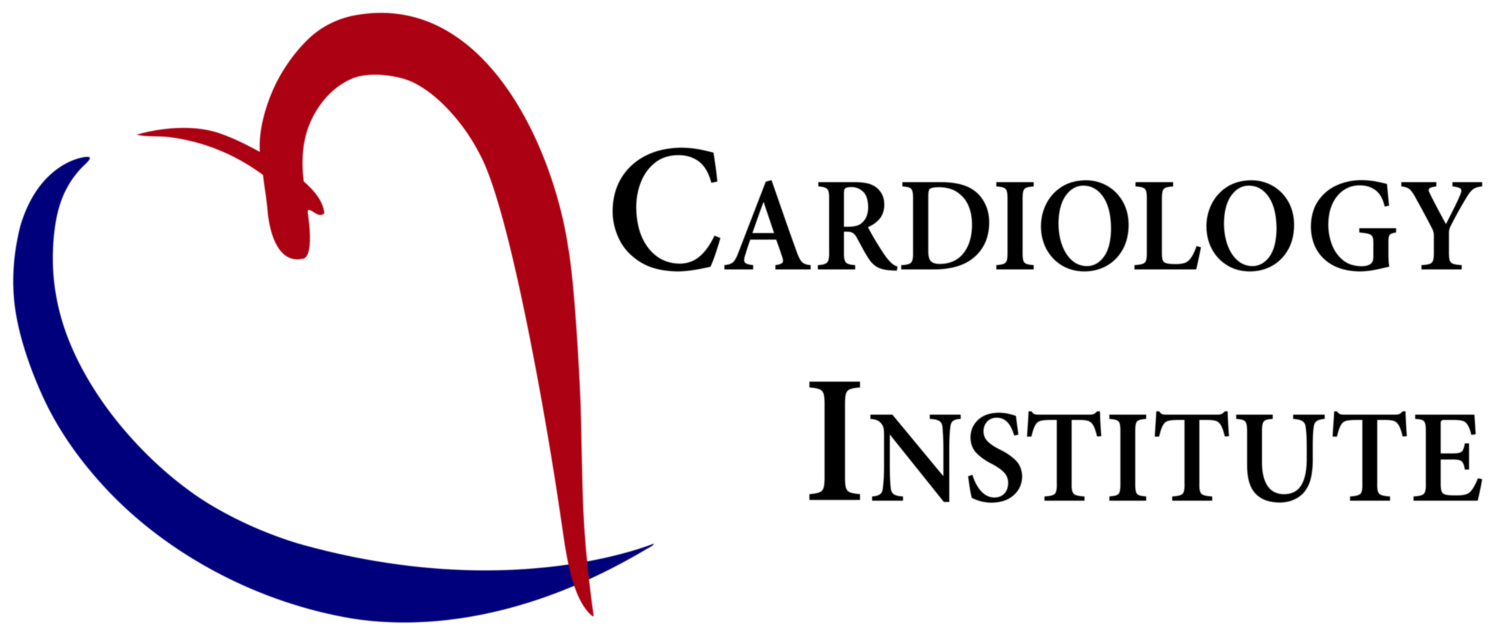Screening for secondary causes of hypertension is important, though often not thought of. Primary aldosteronism is the most common endocrine cause. The screening test is the aldosterone-renin ratio (ARR).
Read morePrimary aldosteronism - the cardiologist's simplistic approach
Aldosterone










